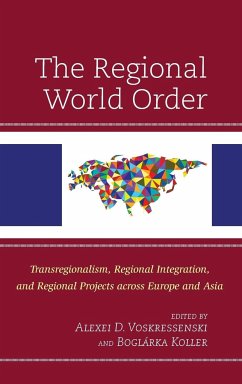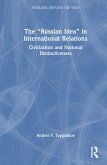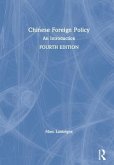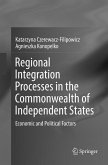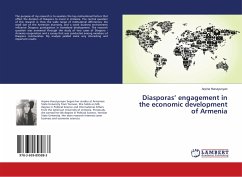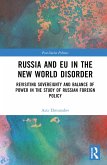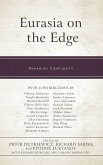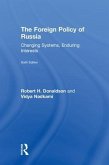In the evolving post-Westphalian world regional entities become key political and economic players as the authors argue in this volume. As a result of regionalization, the international politics and economics is witnessing great transformations too. This volume explores some ideas of how these transformations may develop. It is written by three generations of researchers and scholars at European, Russian, and Asian higher education institutions. Their different perspectives are integrated in a coherent, multi-dimensional view to answer challenges facing what is called increasingly "Greater Eurasia". The volume employs a rigorous conceptual framework over a wide geographic range and applies different approaches to ask and answer challenging questions. The arguments presented in this book are built around the concepts of regionalism and transregionalism. The volume is focusing on three different geographical entities: Europe, Eurasia and East Asia, and examines ASEM, EAEU, BRI, EU, ASEAN, CIS, as well as TTIP, TTP, OBOR .
Hinweis: Dieser Artikel kann nur an eine deutsche Lieferadresse ausgeliefert werden.
Hinweis: Dieser Artikel kann nur an eine deutsche Lieferadresse ausgeliefert werden.

